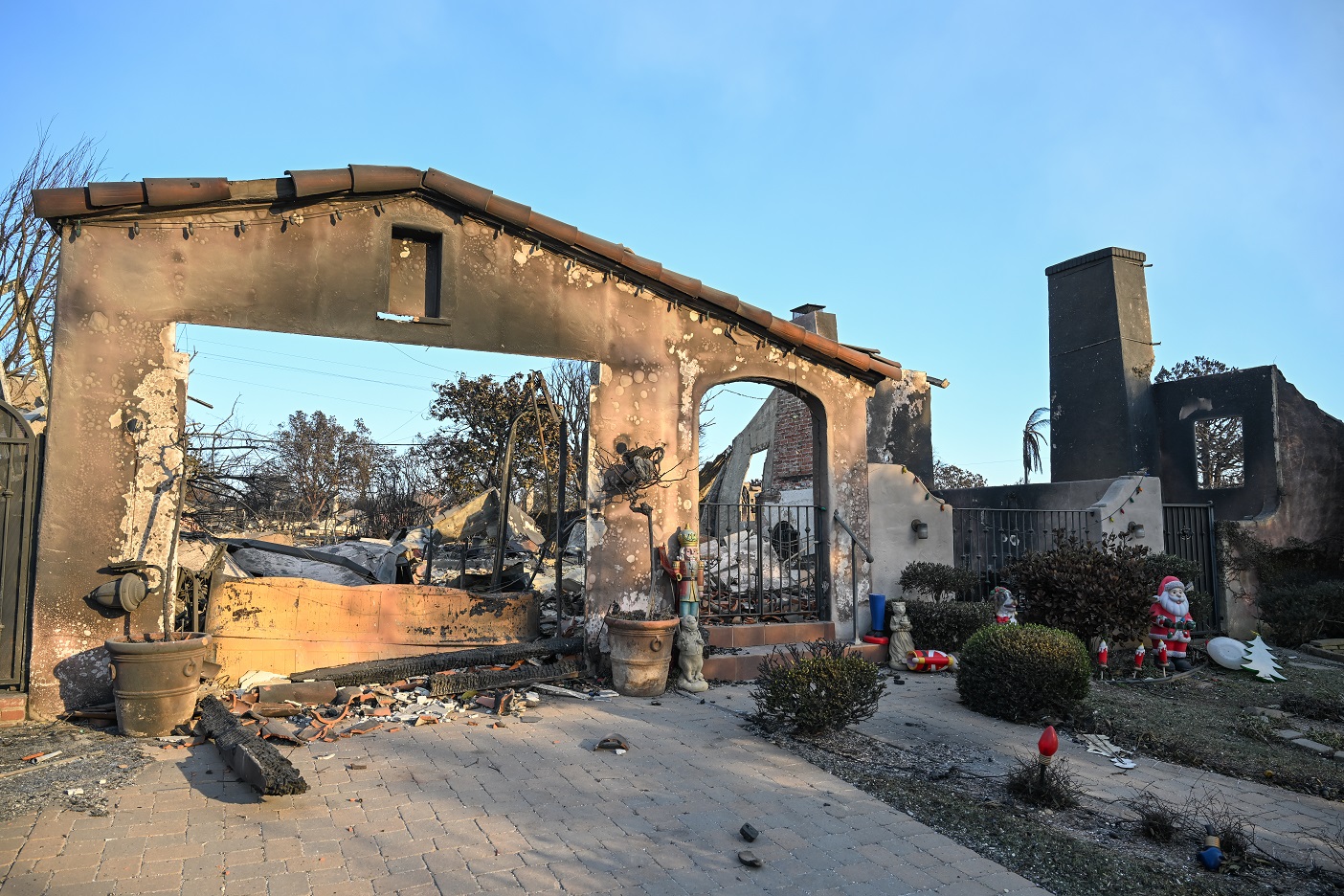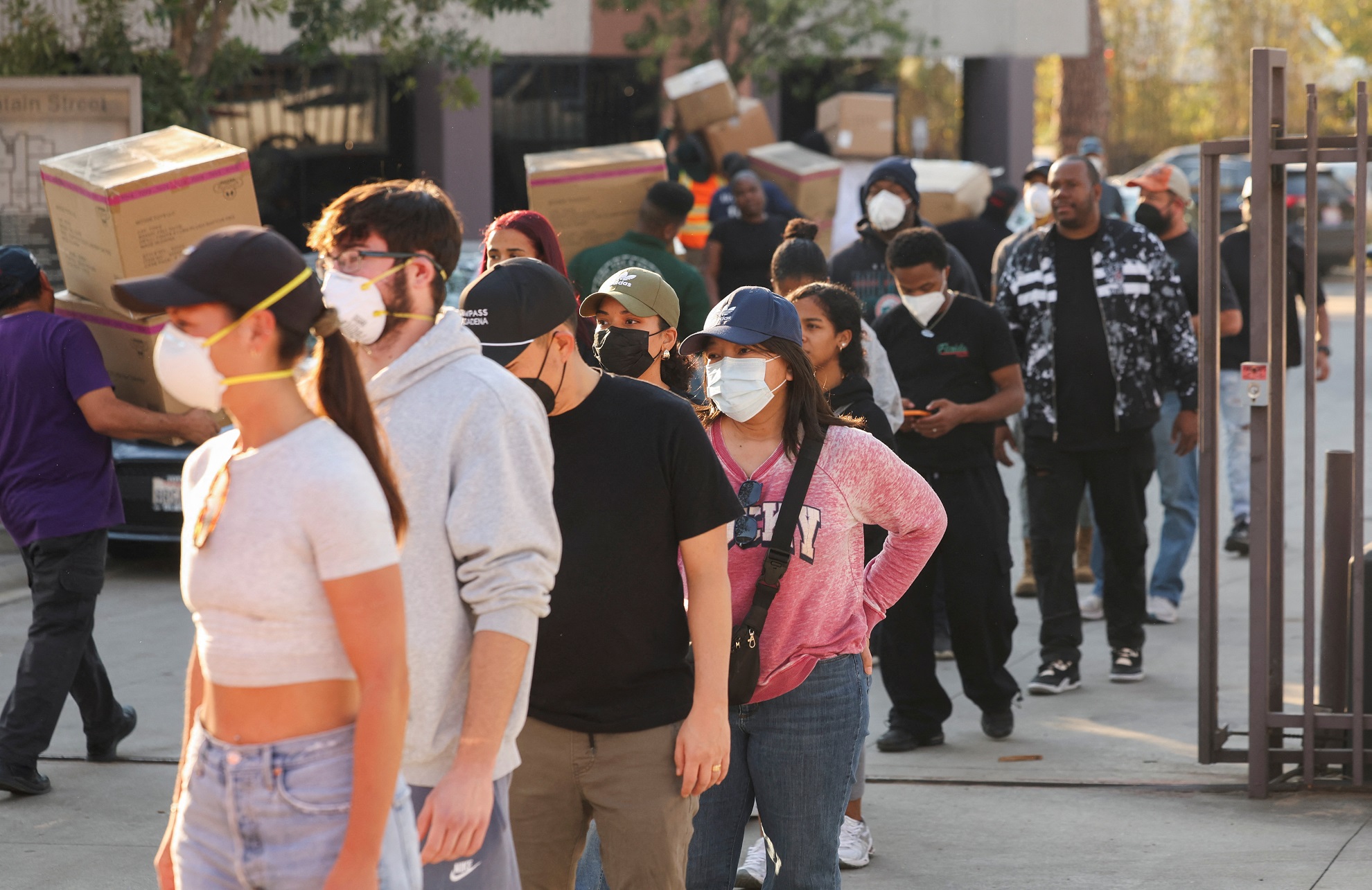
The images coming out of Los Angeles are gut-wrenching - the devastation to people's lives with the loss of their homes and businesses, whole neighbourhoods and communities in parts of Los Angeles destroyed after a wildfire began in the affluent Pacific Palisades area on Wednesday.
There have been the loss of 16 lives reported so far, with many people unaccounted for.
From his home in Pasadena, O'Brien told RNZ's Summer Weekends it was relentless.
"It's kind of weirdly eerily quiet, I guess, because so many people have left for the time being and have nothing to go back to.
There were a lot of people with smoke inhalation in the hospital too, O'Brien said.

"A bit of rain would not go amiss, but there's no sign of it."
O'Brien lives mere streets away from the evacuation zone of the Eaton fire, and said he was very aware of the potential sudden need to get out.
He said it was "one of those things that makes you really reflect about life and what matters".
"It was interesting... when I thought we're leaving, you know, what do you put in that bag? Obviously, the passports, the important papers so that you know what you're doing and things like that. And then I think most people would probably discover this.
"The next thing, the thing that you really decide you want to not lose right now is not necessarily the most valuable thing in monetary terms. It's the thing that has the most value to you as in terms of love and affection."
"So it does focus life to a certain degree on obviously survival, first of all, but also on what's actually important about life. The most important thing is really the friends and the families and the connections and the things that make life more than just survivable."













